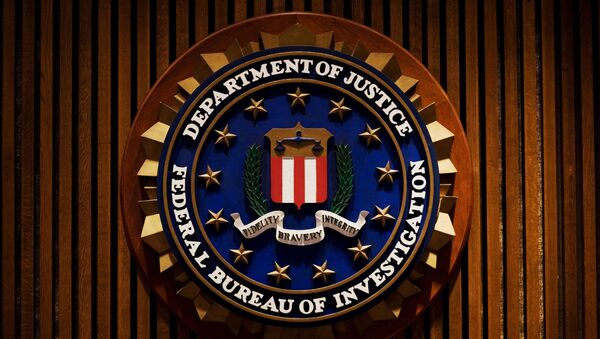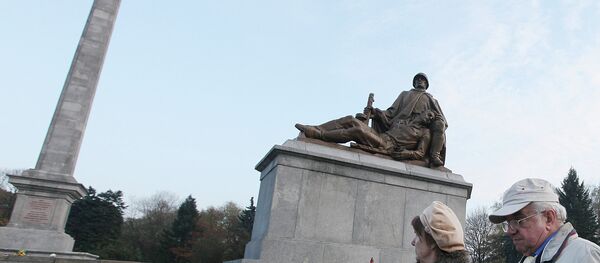The case against Paul Phua, who challenged the evidence on constitutional grounds, is likely to stop after the decision, in which the judge ruled the warrantless search of the property to have been unconstitutional, and the evidence therefore inadmissible, since Phua's consent to the search "was not voluntary."
In defense of the FBI's actions, the government had argued that their ruse did not render Phua's consent involuntary, since DSL is not an essential service, and the situation was not an emergency.
Lawyers for Phua hailed the decision as a landmark ruling: "This is a monumental ruling protecting Americans' privacy in the modern age,'' said attorney Thomas Goldstein. "We are very grateful that Judge Gordon recognized the breadth of the government's misconduct."
The defendant, Paul Phua, had been indicted on allegations of taking part in an illegal gambling business taking bets on the 2014 World Cup, which officers believed was being operated out of three luxury villas at Caesar's Palace Hotel and Casino.
"Allowing law enforcement to engage in this conduct would eviscerate the warrant requirement. Authorities would need only to disrupt phone, internet, cable, or other 'non-essential' service and then pose as technicians to gain warrantless entry to the vast majority of homes, hotel rooms, and similarly protected premises across America," said District Judge Andrew P Gordon in his ruling.
However, the government was prevented from using evidence gained in searches after agents posed as workers from a gas company checking for leaks, and in another case as police officers looking for a missing child. The court found that in these cases, "public policy concerns, together with the police conduct in creating a false grave emergency to obtain consent, could not be considered 'the product of an essentially free and unconstrained choice.'"




